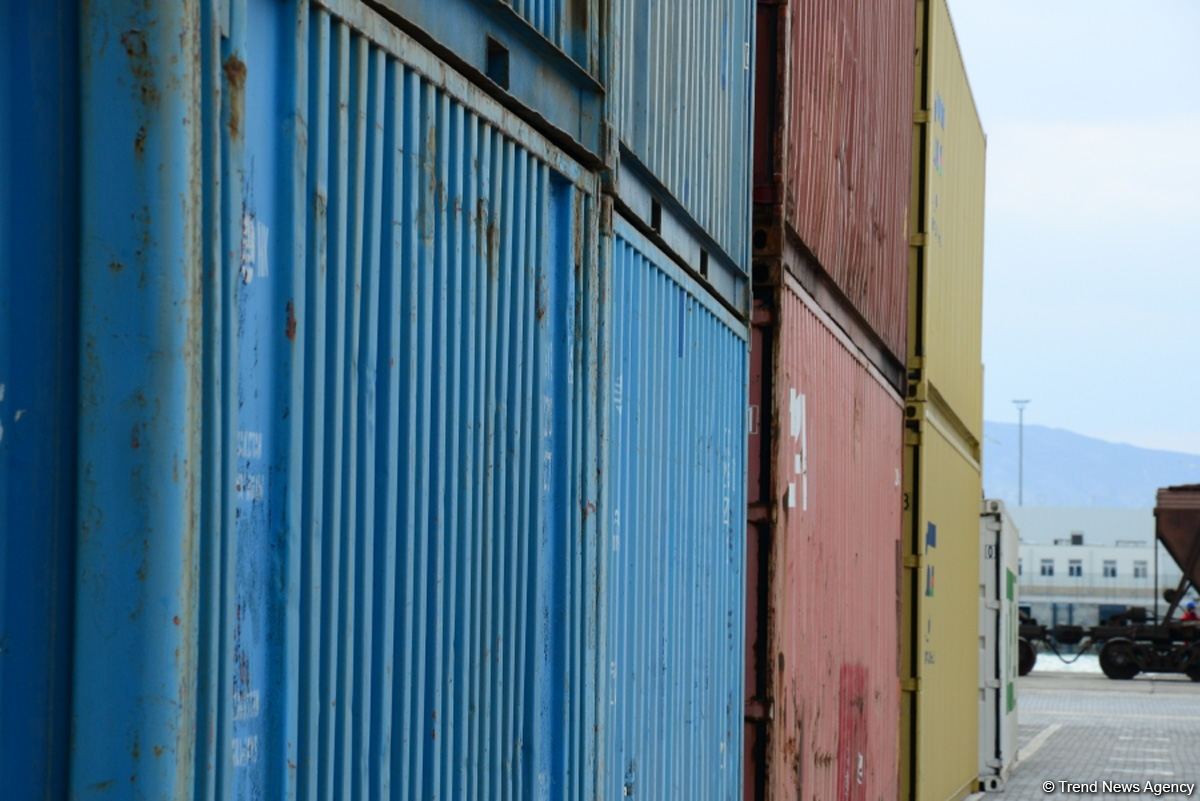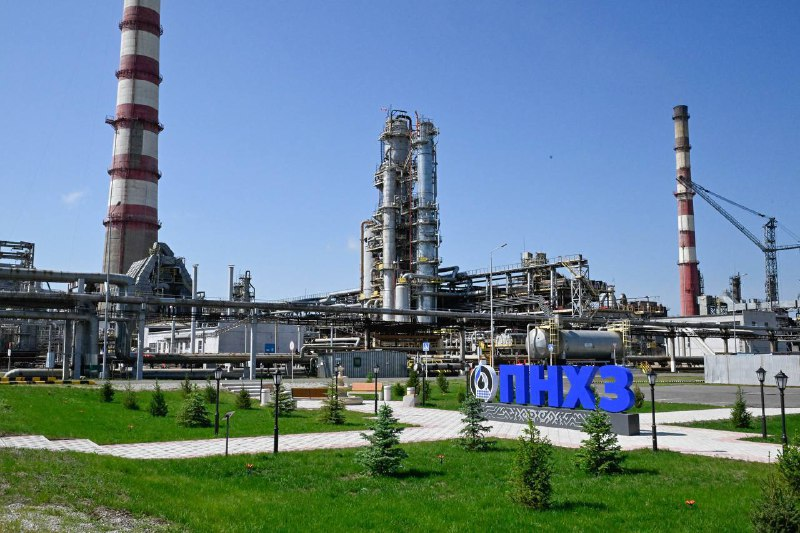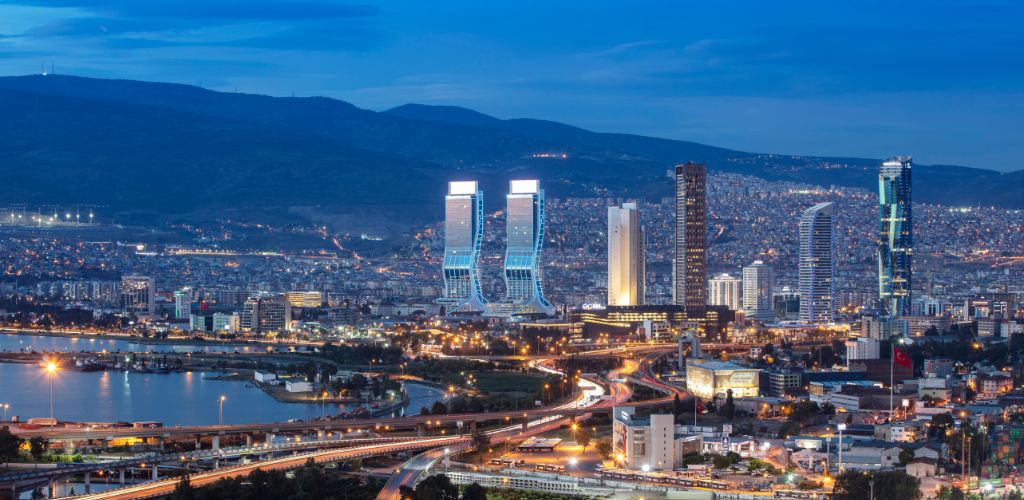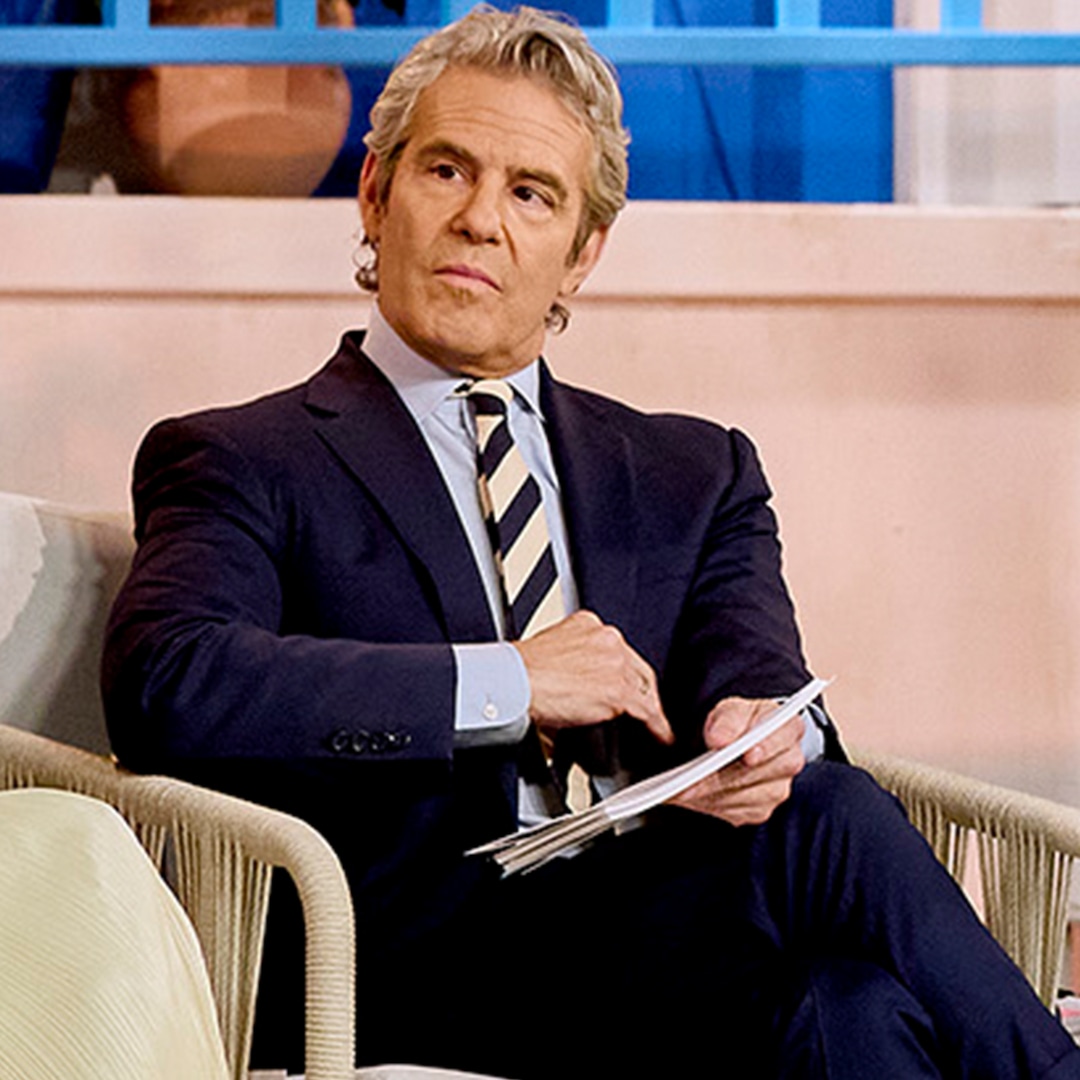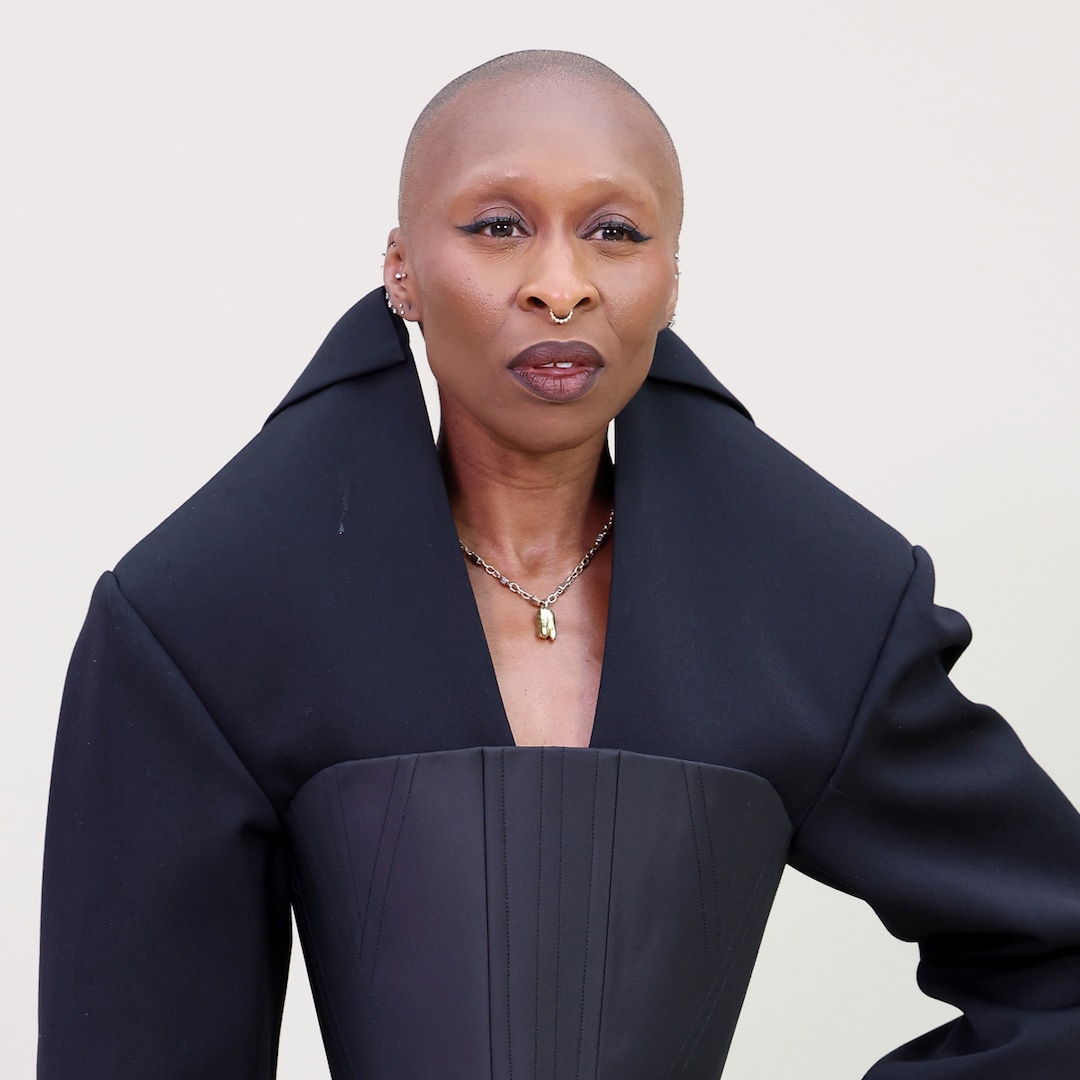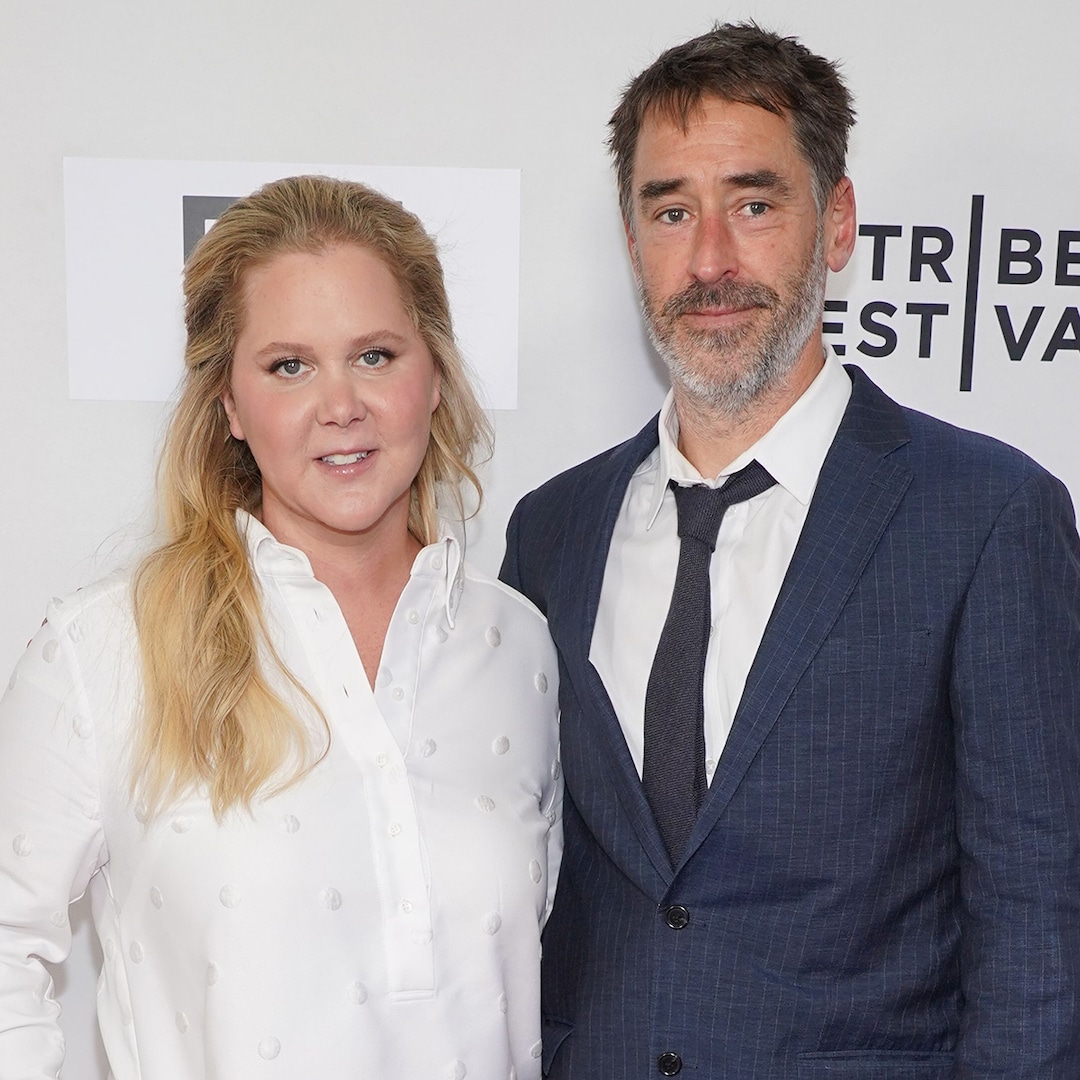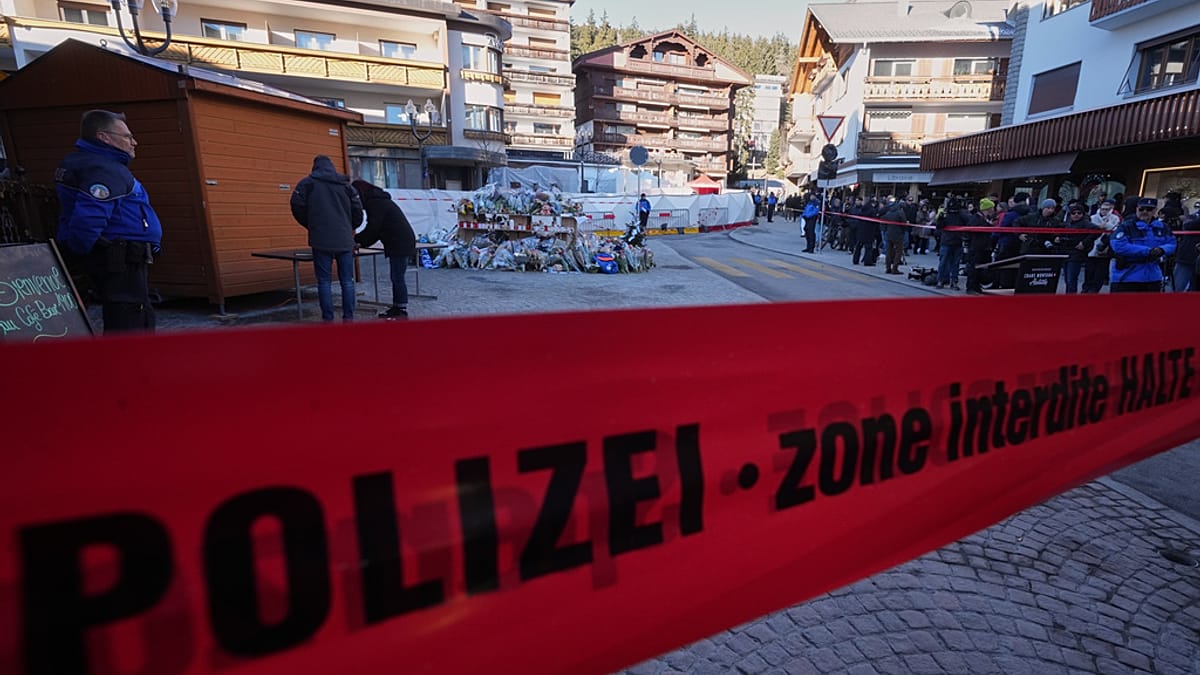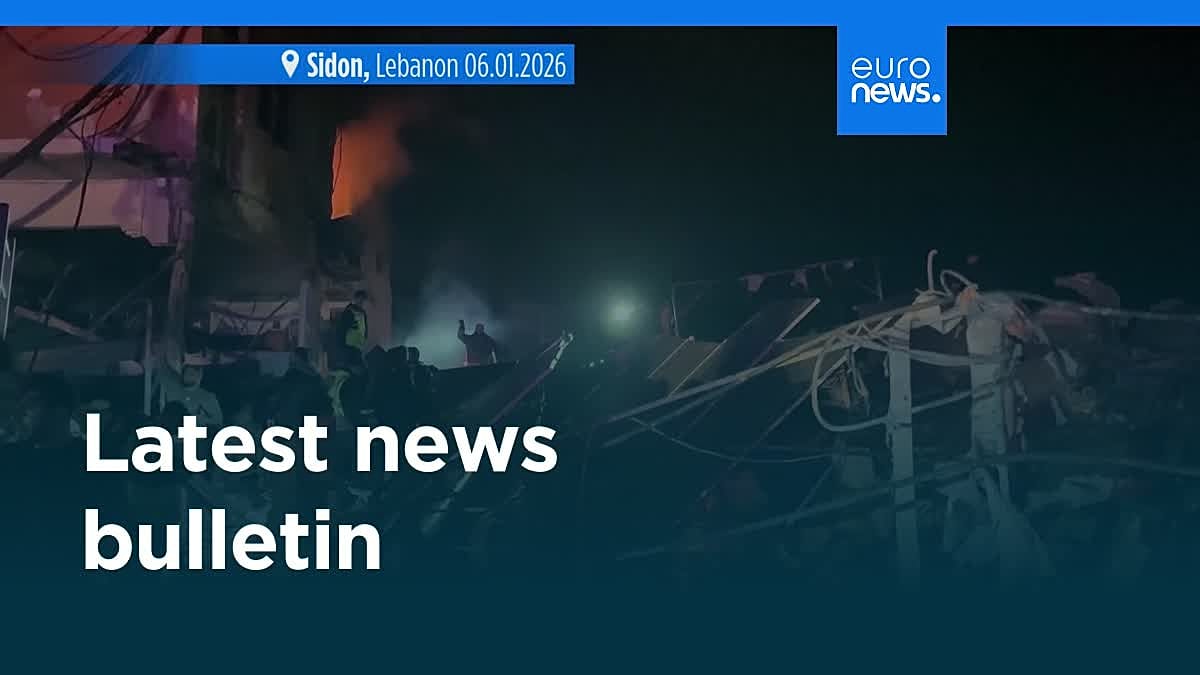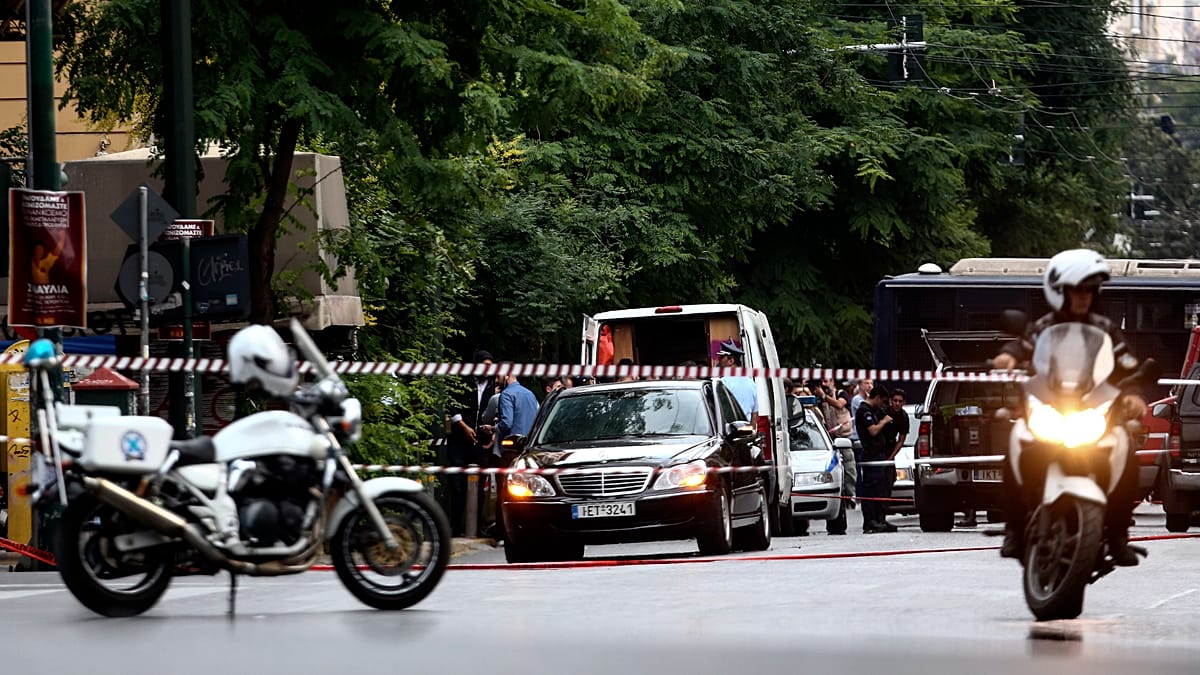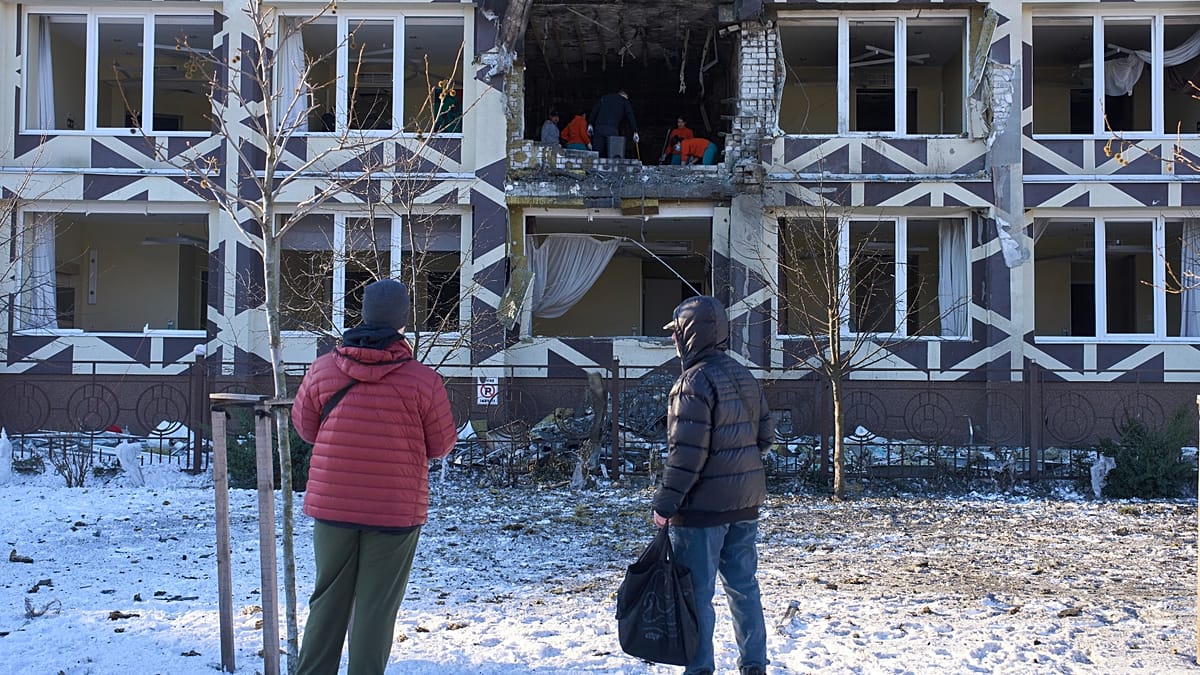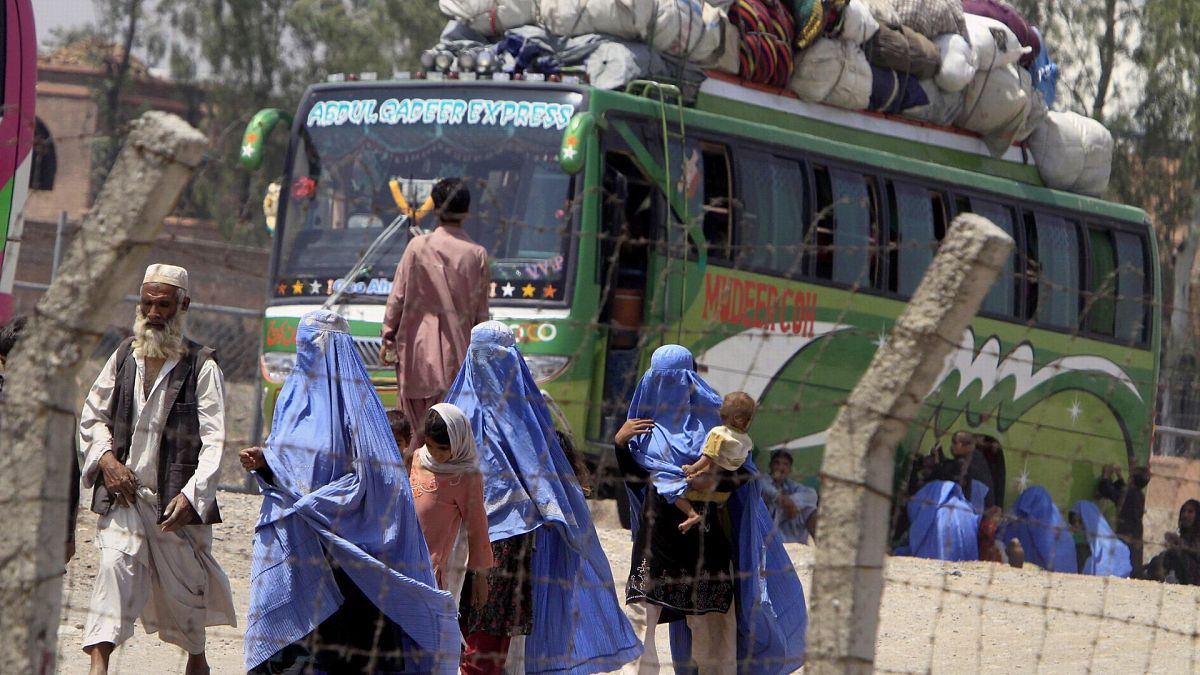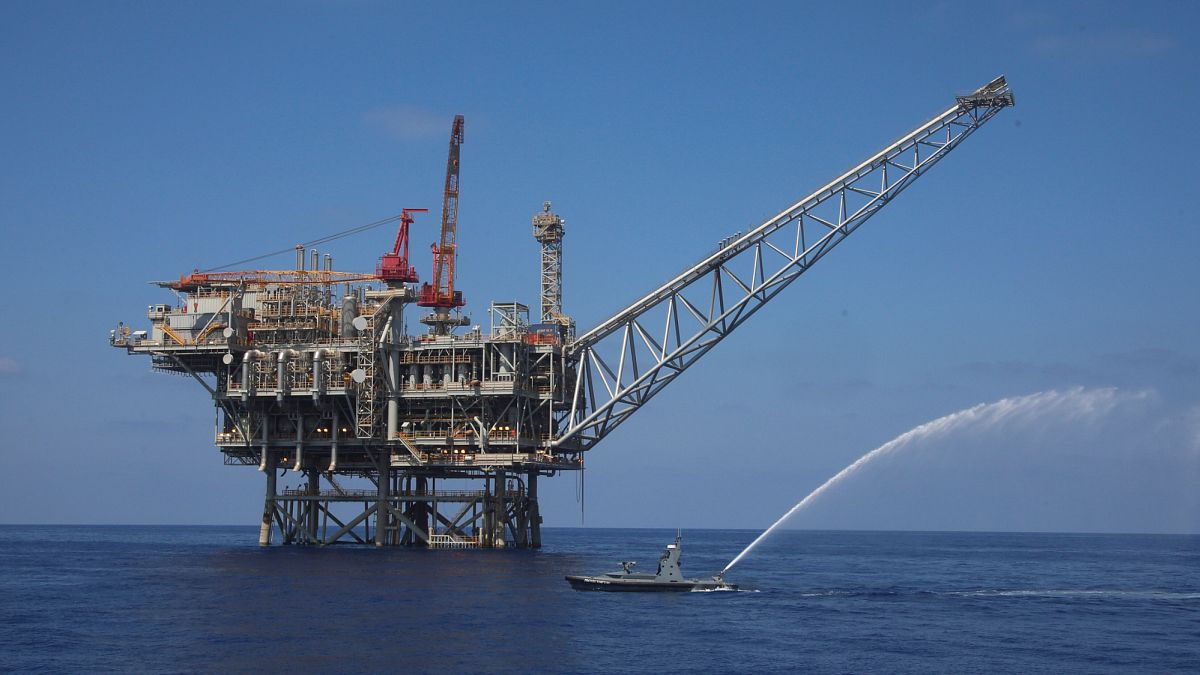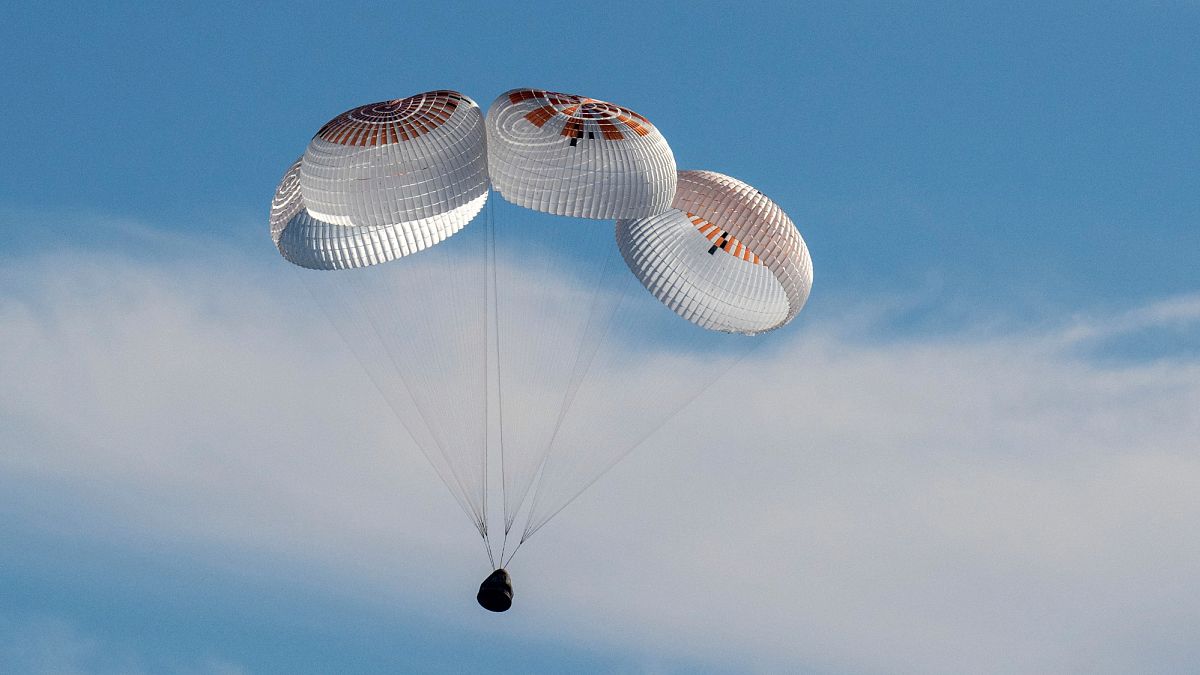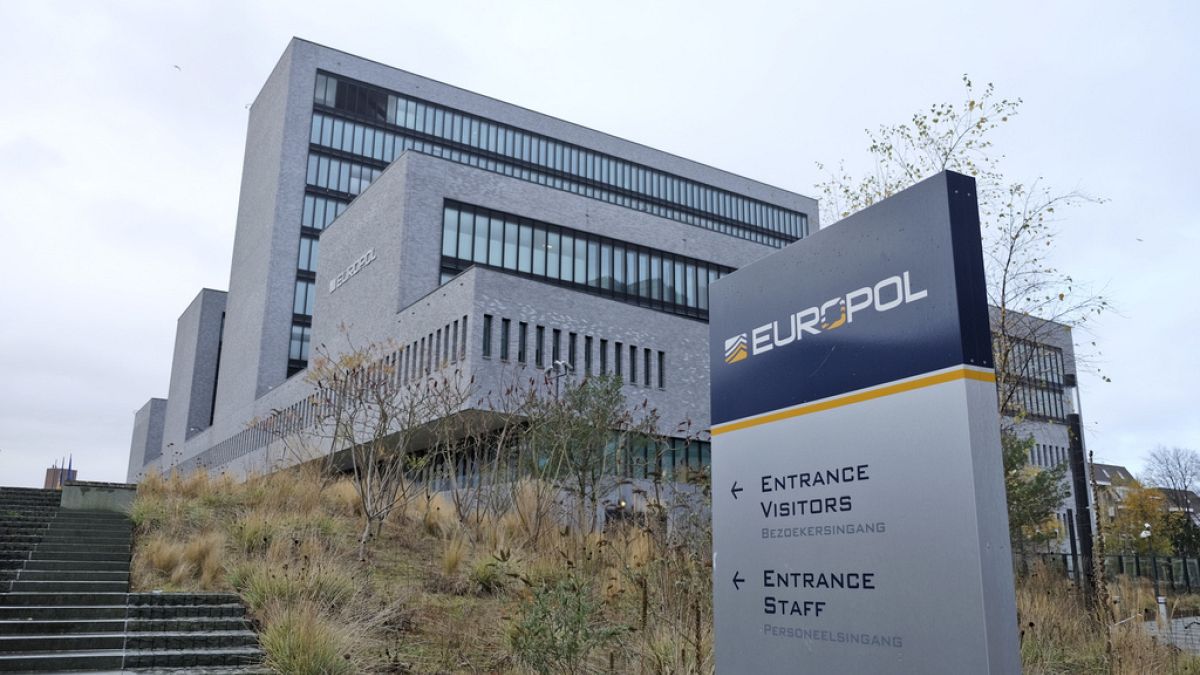Kalas: The Russian war against Ukraine and the conflict in Gaza are the main drivers of instability

NEW YORK – The EU’s High Representative for Foreign Affairs and Security Policy, Kaja Kallas, stated last night that Russia’s war against Ukraine remains one of the main factors of instability around the world. “The Russian war against Ukraine and the conflict in Gaza remain the main drivers of global instability,” she said at the G20 foreign ministers’ meeting in New York.
Kallas emphasized that during the war against Ukraine, Russia “sabotaged global food supply chains, accelerated ecological disasters, and spread disinformation, including at the highest levels in international forums like this one,” according to a statement published on the EU website. Such actions, she highlighted, “systematically destabilize international systems” and are contrary to “the commitment of the South African G20 presidency to sustainable development as a unifying priority.” “As long as there are no signs that Russia’s goal of conquering Ukraine has changed, please help build international pressure on Russia to stop killing and engage in meaningful negotiations,” Kallas urged.
As she noted, “there is no greater advocate for a comprehensive, just, and lasting peace in Ukraine than us.” She added that the EU is also the largest donor of humanitarian aid and “a supporter of the Palestinian Authority and the two-state solution.” “The European Union stands for peace. That is why we are also leading supporters of international peace efforts around the world. EU member states are the leading contributors to the UN budget for peace operations,” Kallas emphasized. She quoted UN Secretary-General António Guterres as saying that “a safer world begins with investing in the fight against poverty at least as much as we invest in waging wars.” She also highlighted the need to revive multilateral platforms, especially the G20, and noted that “cracks” have appeared in the UN structure. “At a time when we see the highest levels of conflict and territorial violations since World War II, we need an effective UN system. Instead, we see cracks in the walls and obstacles,” Kallas said. She emphasized that “the EU now reaffirms its unwavering commitment to an effective multilateral and rules-based international order, with the United Nations at its center.” (September 26)
